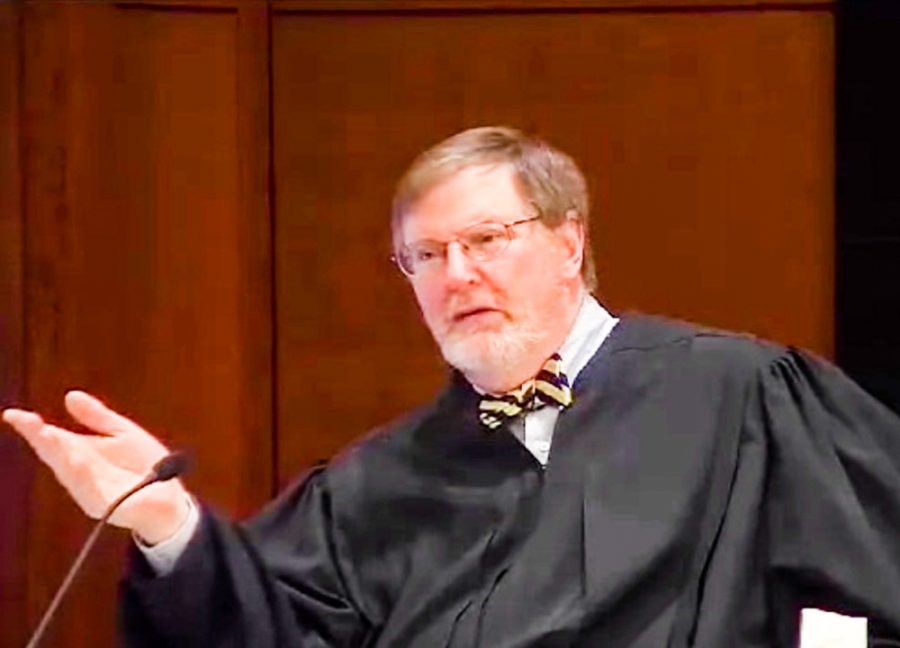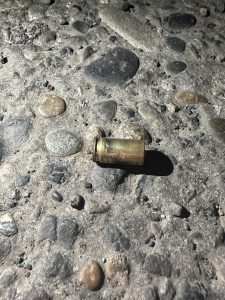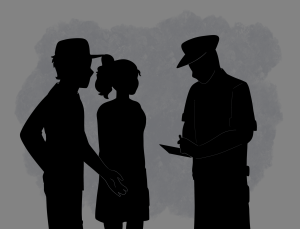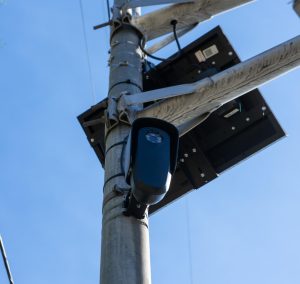Federal Judge who blocked Trump’s immigration ban a Whitman alum
Judge James Robart has a long and involved history with the Whitman Community
February 8, 2017
The Federal Judge who temporarily blocked President’s Trump’s controversial immigration ban is a Whitman graduate, with deep ties to the Whitman community. Judge James Robart ‘69 made international news last week for his ruling on a lawsuit filed by Washington State Attorney General Bob Ferguson.
Judge Robart served on the Board of Trustees from 1999-2012 and was Chair of the Trustees between 2008 and 2011. He served on the Diversity Committee, among other posts, and has relationships with several current-faculty members.
Among them is Whitman Philosophy Professor Mitch Clearfield, who invited Judge Robart to sit in on his Crime and Punishment class last February. The Judge took students through a case regarding Social Security information-misuse on which he had recently ruled. He laid out the facts, periodically adding a complicating detail, consulting the students on hypothetical punishments they would hypothetically dole out. “What do you think should happen?”
“Whichever direction the student would lean he would push in the other direction just for the sake of complicating it,” Clearfield said. “What was really interesting to me was that the students in the class, I think because they thought he wanted them to, were like: I’d give her 5 years, I’d give her 10 years. It was like a bidding war.”
Judge Robart revealed that he sentenced the woman to house arrest. There were extenuating services. She was a single mother; she had kids.
He was “very committed to students,” Clearfield said.
In this, and other visits to the college, Judge Robart has worked to cultivate interest in the legal profession, particularly among students from disadvantaged backgrounds.
Associate Dean for Student Engagement Noah Leavitt, who is a trained lawyer and is Whitman’s pre-law advisor, described Judge Robart as a funny and excellent story-teller. According to Leavitt, Robart revels in the liberal arts spirit of broad-based learning to which a judge must commit himself in order to effectively adjudicate cases on diffuse or esoteric topics.
Clearfield said it was his impression that Robart became a judge “because he thought it would just be so interesting to deal with such a wide variety of cases and issues.”
Judge Robart’s case-load when he made his visit last February was a fine exemplar: the social-security information case and a tribal lawsuit against the US Army Corps of Engineers regarding river-rights.
Whitman President Kathy Murray said in a public statement that Whitman College is “proud to have Judge Robart as an alumnus, a trustee emeritus and past chair of our Board of Trustees. For many years, his wisdom has helped guide and strengthen the college. Since my arrival at Whitman, Jim has been both a trusted advisor and a friend … I believe Jim demonstrates the kind of thoughtfulness and fair-minded reasoning that is common among Whitman graduates.”
President Trump referred to Robart on Twitter as a “so-called-judge” for his temporary ruling, which is now being challenged by the Department of Justice in the 9th Circuit Court of Appeals. President Trump has made a number of comments this week that challenge the credibility of the Judicial Branch. Legal experts are concerned this politicizes and dangerously undermines a judicial system whose legitimacy hinges on its impartiality.
Judge Robart was appointed in 2004 to the Federal bench by George W. Bush and was confirmed in the Senate by a vote of 99-0. He declined to comment on this article because the case is still pending in court.
Clearfield described Judge Robart as a “super down to earth guy.” The two had their first extended conversation at the Phi Beta Kappa induction brunch two years ago.
“He’s introducing himself to all the people at the table and all he says is ‘Hi, I’m Jim, I’m a lawyer in Seattle,’” Clearfield said. “This is about their son or daughter, the student. This is their day, he doesn’t want attention on himself. He’s there to support. ‘Hi, I’m Jim, I’m a lawyer in Seattle.’ He just wanted to fly under the radar.”







